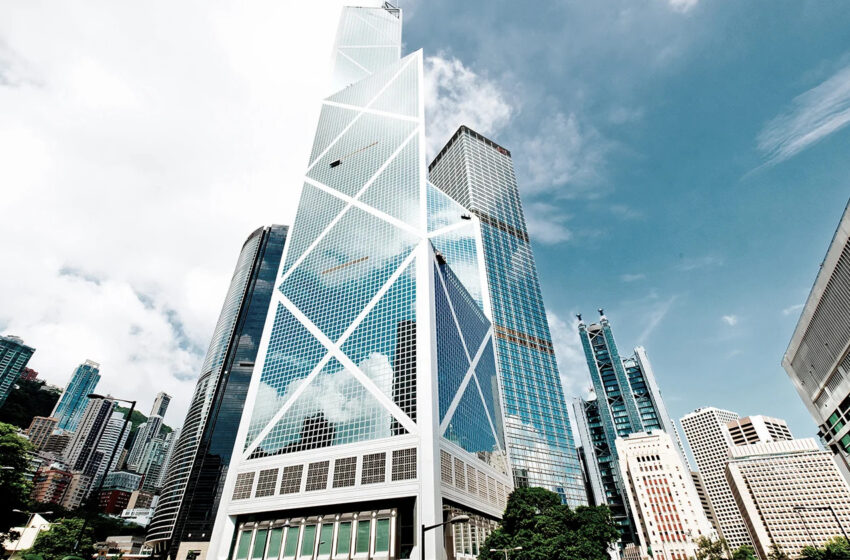
globalbizmag.com
China’s Economic Slow-Down Impacts HNWIs
The slow-down in economic growth has impacted the High Net-Worth Individuals (HNWIs) in China and the value of their investable assets grew at a slower rate than in previous years, a new report showed.
Published jointly by Bain & Company and China Merchants Bank, the study entitled “2023 China Private Wealth Report,” said that the number of HNWIs in China, those with individual investable assets in excess of $1.38 million, reached 3.16 million in 2022-end, an increase of about 540,000 compared with 2020.
The report, which was released last week, surveyed around 4,900 HNWIs in China, said that this amounted to a compound annual growth rate (CAGR) of 10% between 2020 and 2022, down from 15% between 2018 and 2020.
These HNWIs held a total of $13.79 trillion in investable assets in 2022, with a CAGR of 9% between 2020 and 2022, down from 17% in 2018-2020. The group’s per capita holdings of investable assets stood at around $4.34 million.
The report also said that the number of wealthy Chinese and their investable assets would grow at a CAGR of around 11% and 12%, respectively, over the next two years.
According to the report, wealth protection was the top financial goal for affluent Chinese, with 27% of respondents saying it was their top objective, while 17% cited “wealth creation” as their top goal, compared with 18% in 2021.
Affluent Chinese took a more cautious investment approach compared with previous years. A total of 88% of respondents said they had a moderate or low appetite for risk, with 52% sought a moderate rate of return and 36% said they would be fine with a rate of return that was higher than the domestic deposit rate.
“More than half of the domestic investable assets of Chinese HNWIs were allocated to lower-risk assets, including 28% in cash and 27% in fixed-income products,” the report said.
Some 58% of the respondents said that corporate financing planning was the top business need for affluent Chinese, followed by domestic investment planning at 37%, planning for overseas equity, debt, and real estate at 27%, and IPO planning at 21%, the report noted.
Private Wealth to Grow
Notwithstanding the slow-down in economic growth, China’s private wealth market is set to expand, and it offers ample opportunities for both investors and financial institutions in the coming years.
According to the half-year financial reports of major banks in China, in the first half of 2023, the leading 12 banks managed $2.9 trillion of private wealth, a growth of 12% compared with the end of 2022.
Among them, China Merchants Bank topped the league table, with private banking assets under management (AUM) reaching $550 billion, a 6% increase compared with the end of 2022. ICBC’s private banking AUM grew by 13% to reach $400 billion, securing second place.
The Chinese banks also recorded huge AUM growth derived from the trust sector, according to a senior private banker, reflecting a willingness among HNWIs to entrust their wealth to the banking system, particularly in times of economic uncertainty.
The report predicted that a moderate economic recovery will drive steady growth in China’s private wealth market in the next two years. In 2022, the total investable assets held by Chinese individuals stands at $37.95 trillion. This number is expected to increase by a CAGR of 8% by 2024, considerably less than the CAGR of 12% in investable assets held by HNWIs predicted during the same period.










